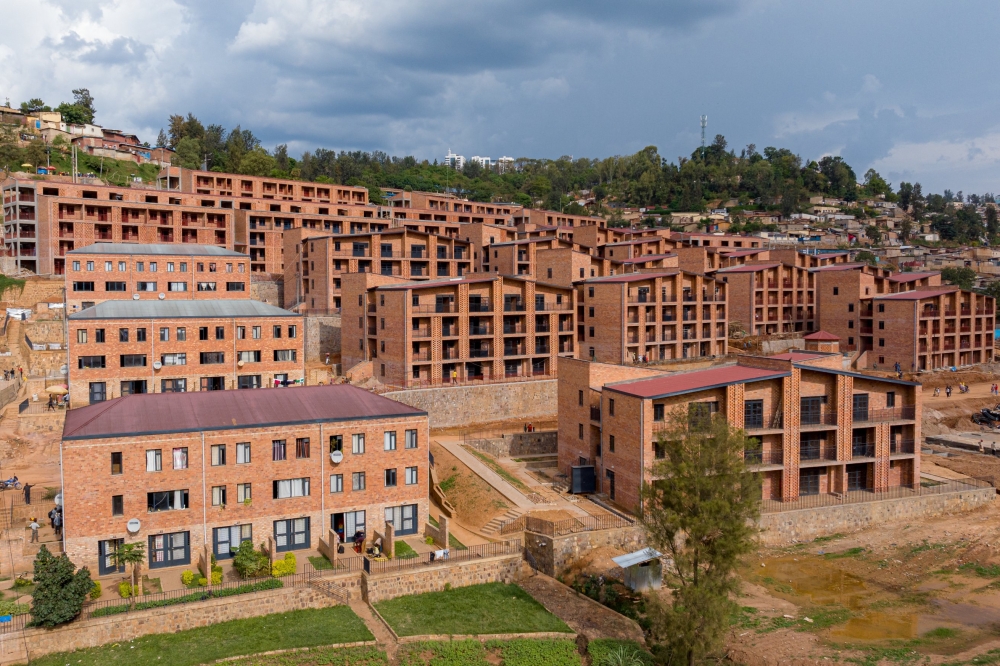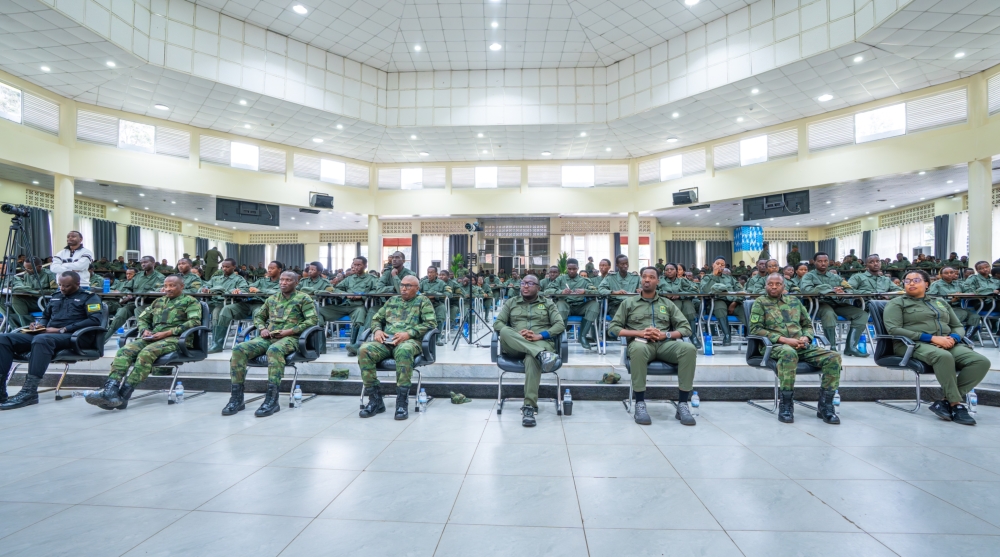The fourth BRICS summit held in New Delhi, India, early this year, came up with proposals that many watchers and pundits of international politics, would see defining steps in asserting newly found leverage by the four rising powers: Brazil, Russia, India, China and South Africa in the international system.


The fourth BRICS summit held in New Delhi, India, early this year, came up with proposals that many watchers and pundits of international politics, would see defining steps in asserting newly found leverage by the four rising powers: Brazil, Russia, India, China and South Africa in the international system.Media reports indicated that the leaders of the BRICS, announced plans to explore the possibility of setting up a new international bank modeled along the lines of the World Bank. As if to renounce their trust in Western dominated international finance, they also revealed plans to extend credit facilities in local currency. This is seen as a direct attack on the US dollar, which has for long been the currency of international trade. The above scenario presents a threat to the economic dominance of the West, led by the United States in the new world order, where the BRICS, have a level of leverage in influencing global issues like never before – at least since the end of the Cold War and collapse of the Soviet Union.With such great power, some commentators, especially from Washington think tanks, contend that the BRICS do not or are not willing to be burdened by the responsibility that comes with wielding such power in the international system.The central question is what this responsibility is, and who determines the same. Responsible behaviour would best be understood in the lens of international cooperation and multilateralism in the conduct of issues of international significance. In recent years, it is the US, with support from the UK during the Bush administration and with Tony Blair at 10 Downing street, that have taken unilateral action by invading Iraq in defiance of international consensus.Russia and China have been accused of propping up the Assad regime in Syria and refusing to join NATO in defeating the Gaddafi regime in Libya and that that was irresponsible bahaviour. But that is to miss the point, or to assume that it is irresponsible bahaviour when the new powers support undemocratic regimes, whereas it is not when the Western powers do the same. Again with the rise in their economic power, the BRICS, especially China, are actively seeking new destinations for investments and resource exploitation. And Africa has been a major destination. In this, China is seen to be playing a game of interests, putting economic gain above anything else. They seek resources, and are willing or have been accused of looking the other way, when regimes they work with in Africa abuse the rights of citizens.Whereas some see irresponsible behaviour in China’s engagement with Africa, others see responsible behaviour when China encourages and builds African Union capacity in terms of infrastructure and funding for the latter to be able to find African solutions for African problems as exemplified by the African Union mission to Darfur before it transformed into a hybrid mission with the UN to become UNAMID.For the majority of people in developing countries, economic transformation and alleviation of poverty, are the major challenges of the day. So, their governments can at best work for or implement policies that help the masses, move out of the dire poverty that afflicts multitudes on the continent.On the whole, both the new and the old powers can be accused of irresponsible behaviour in carrying out their international obligations. And again, Western liberal democracies have been at the forefront of supporting democratisation and providing assistance to poor countries, although the effectiveness of such aid has been severely criticised in recent years.Above all, it would be irrational or naive to think that actors in the international system are motivated by issues of morality or good behaviour. It can be part of the whole game, but it’s is on the periphery as a motivation. Policy is designed and implemented mostly for advancing interests that are mostly economic and imperial. Those whole represent our continent in such dealings at the international stage have to be mindful of what is at stake for the continent in order to play a meaningful role for the people of Africa.




